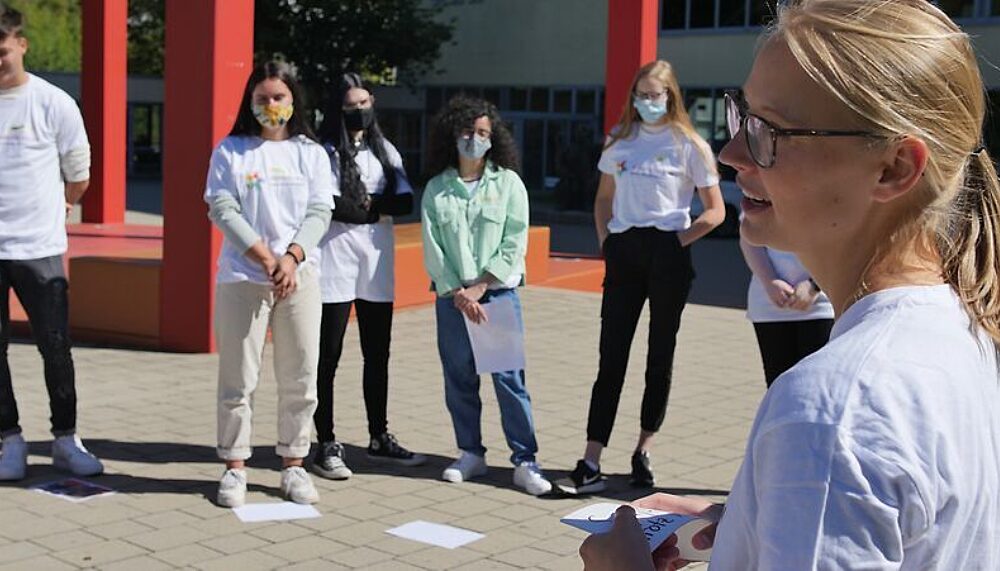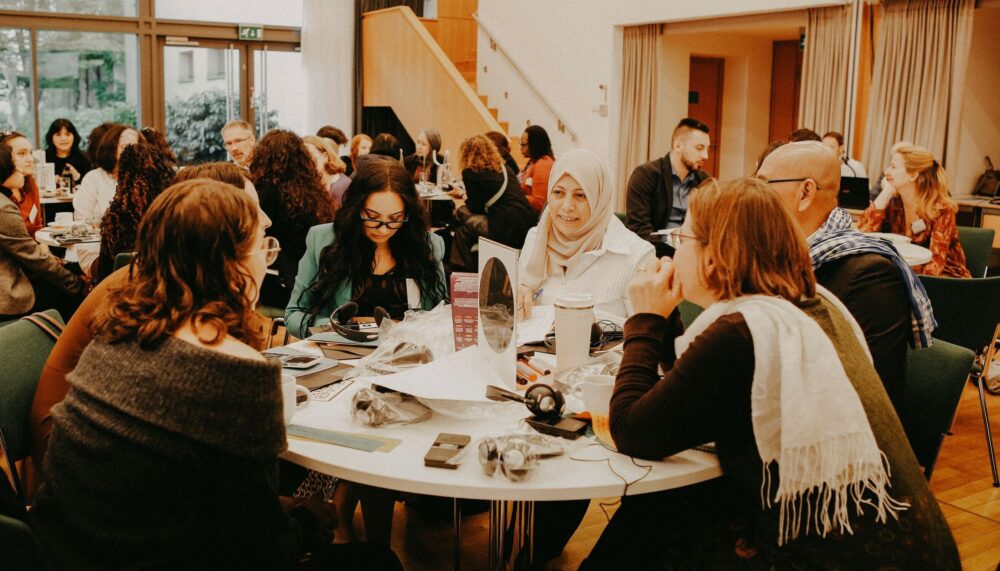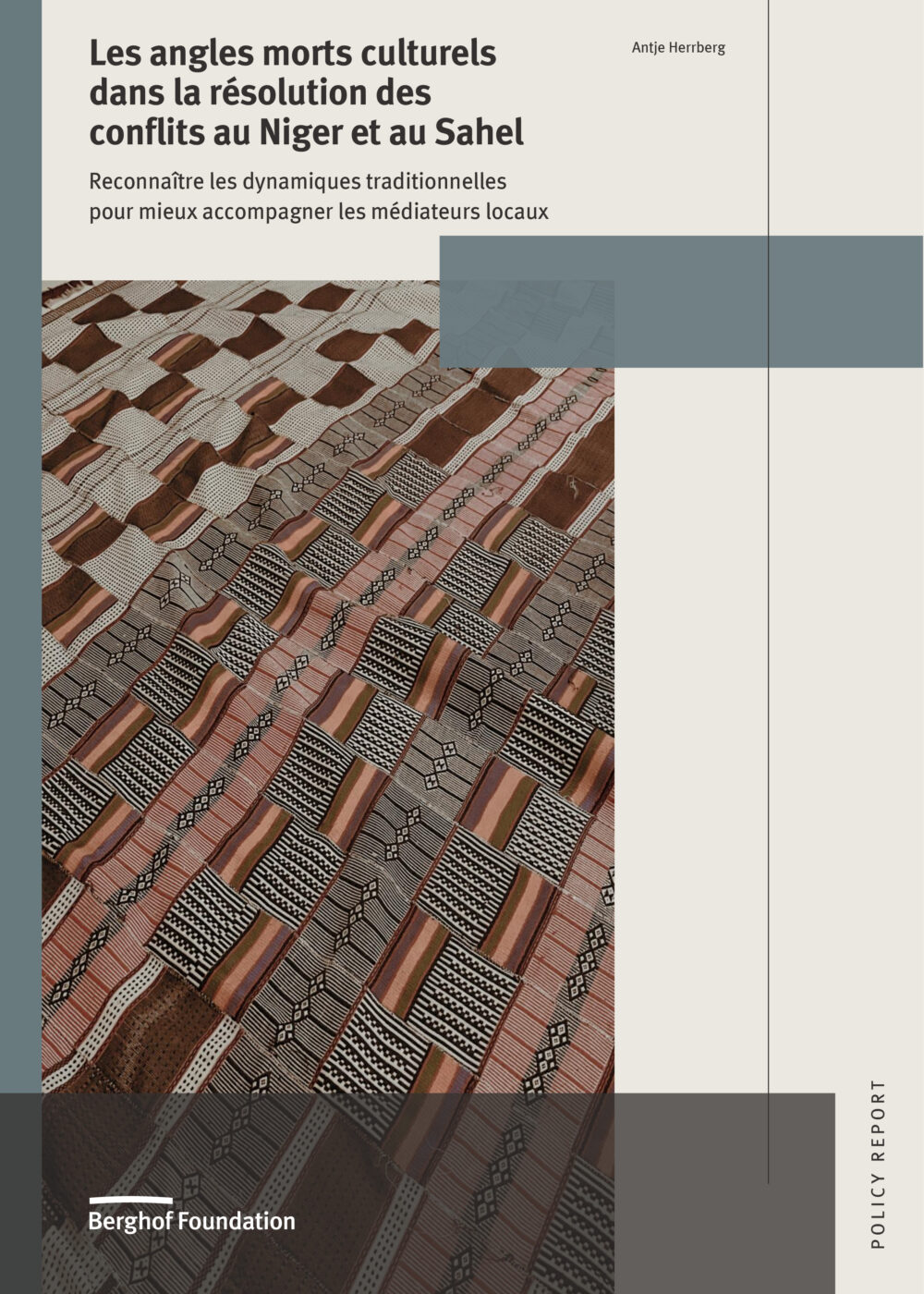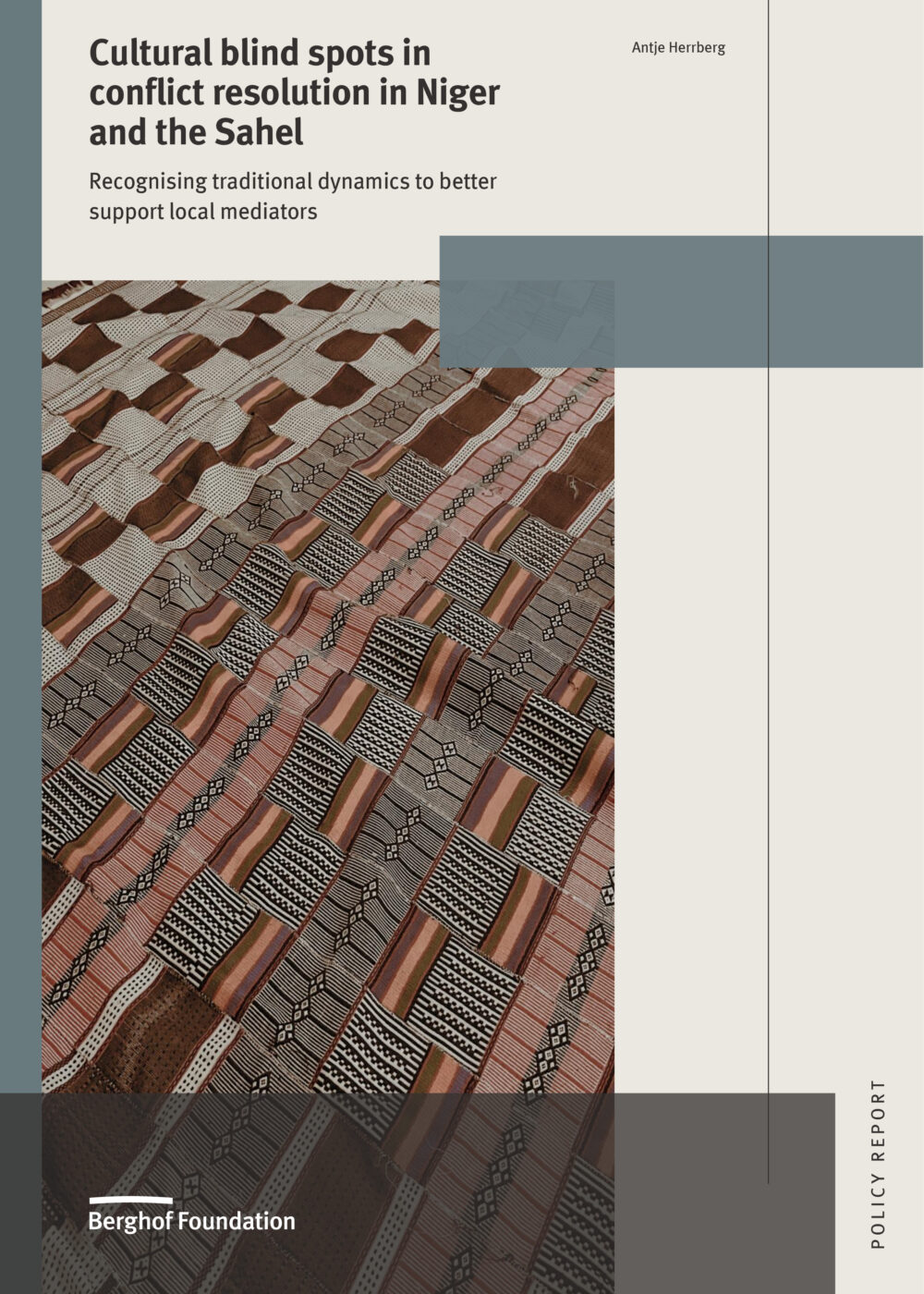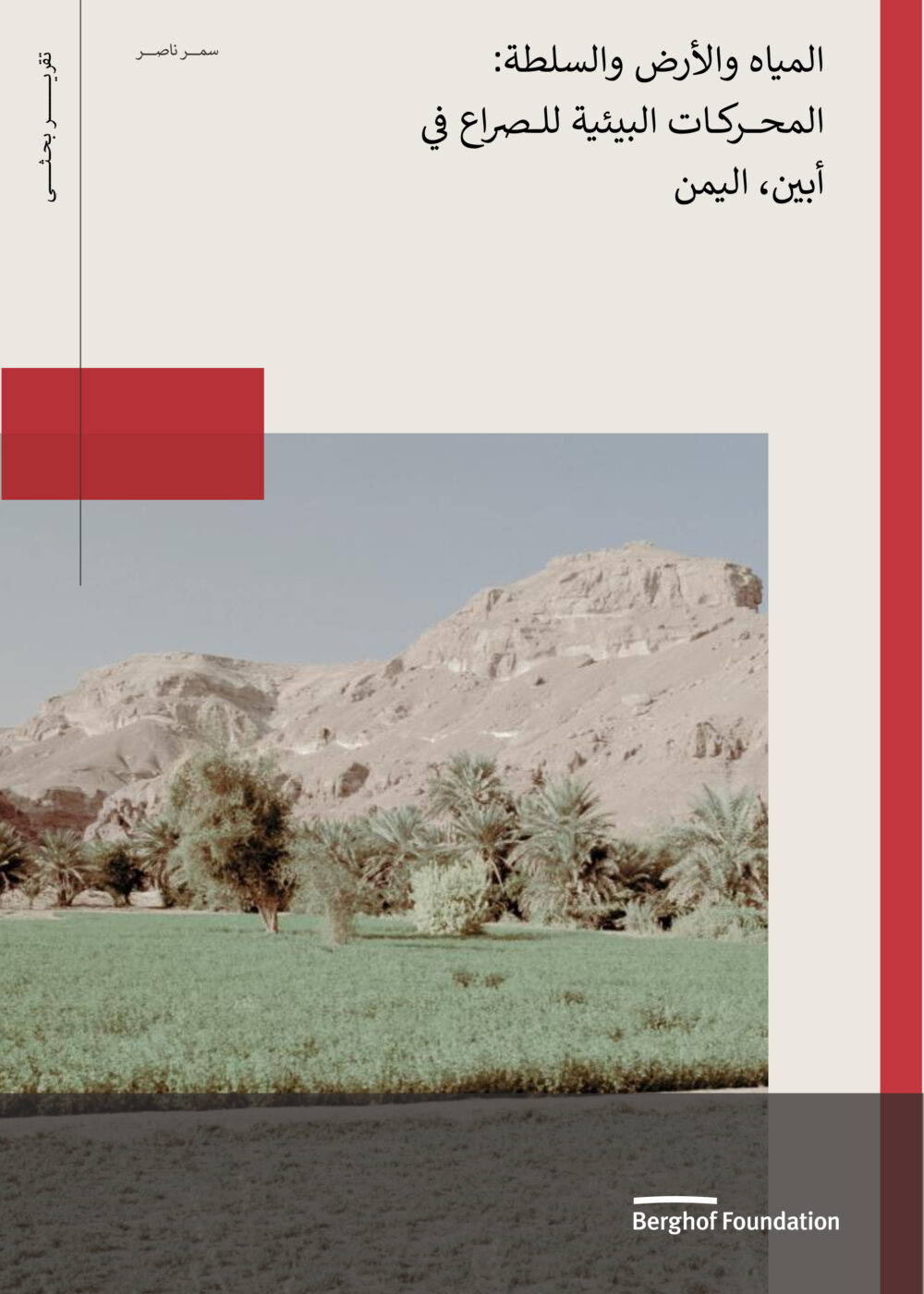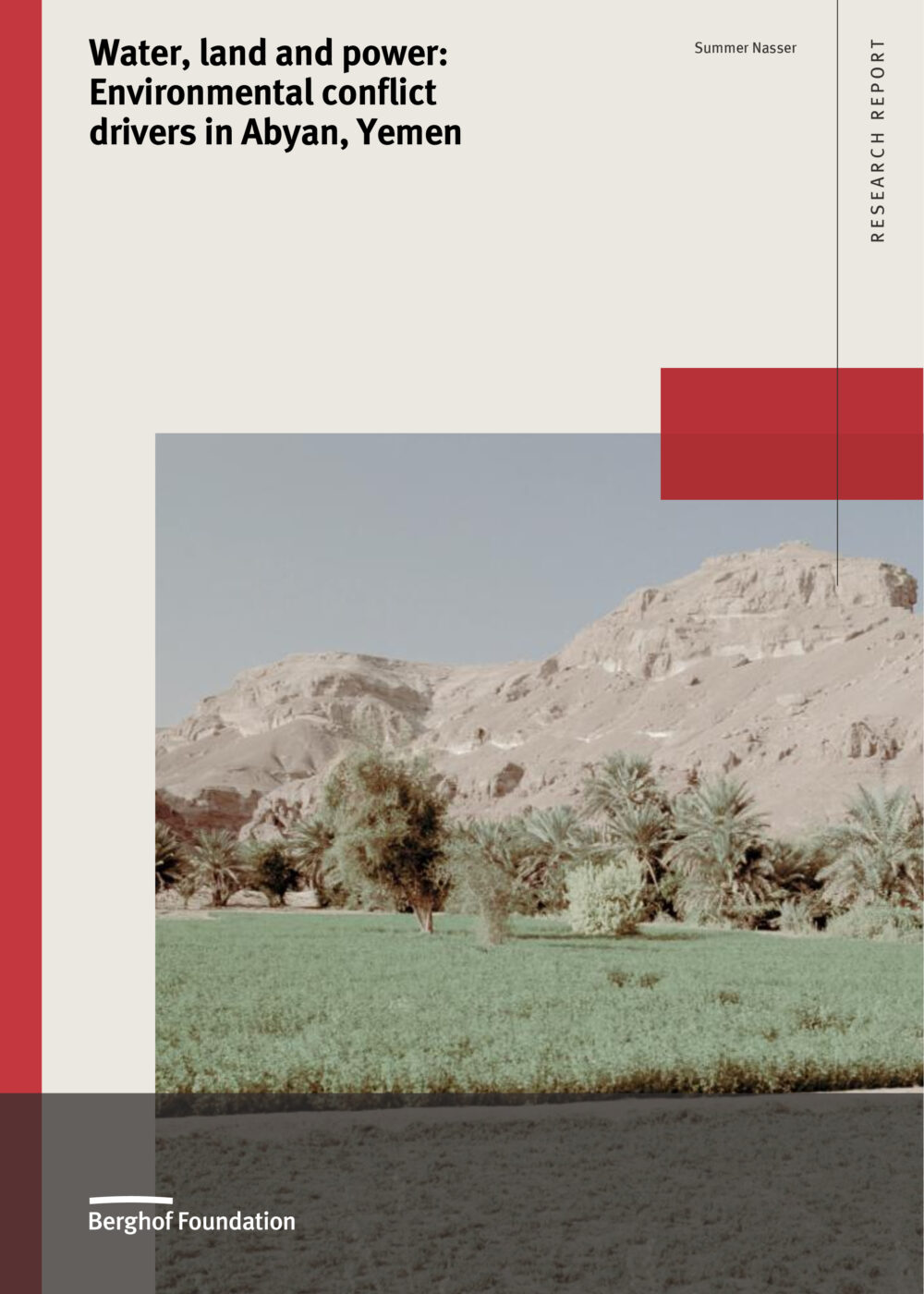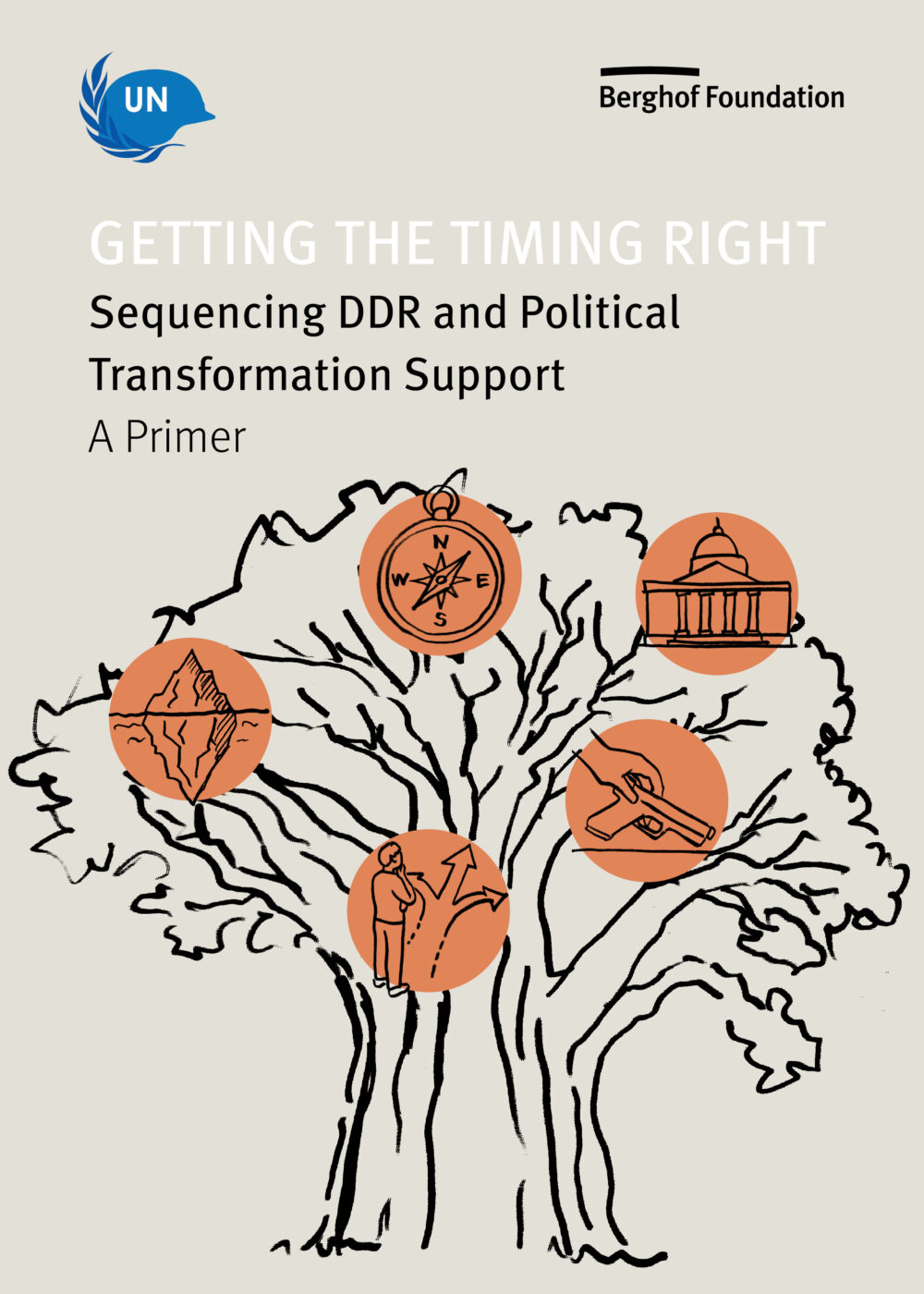13 Jan 2015
The Nepalese Peace Process: Faster Changes, Slower Progress
IPS Paper No. 9
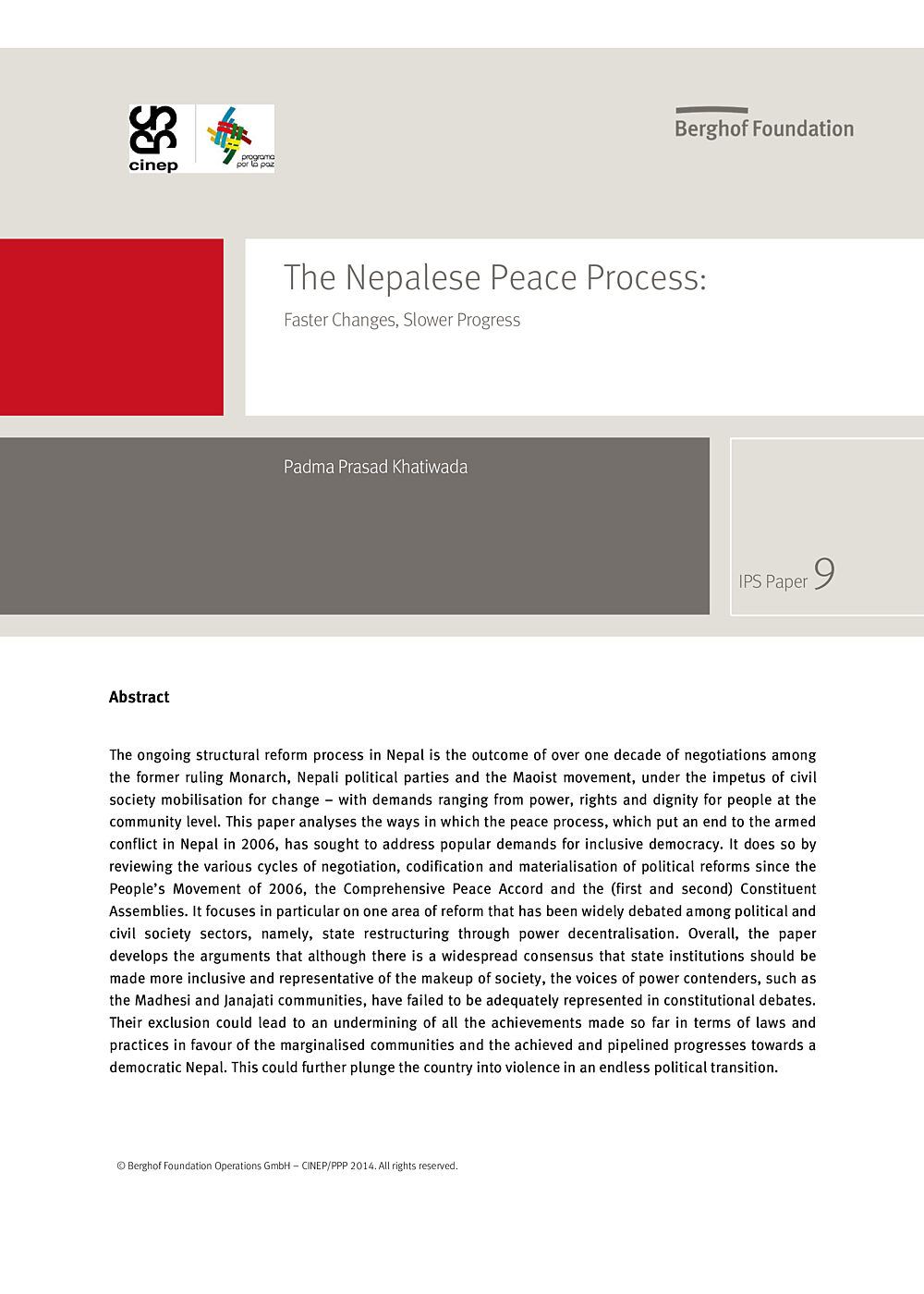
This paper analyses the ways in which the peace process, which put an end to the armed conflict in Nepal in 2006, has sought to address popular demands for inclusive democracy. It does so by reviewing the various cycles of negotiation, codification and materialisation of political reforms since the People’s Movement of 2006, the Comprehensive Peace Accord and the (first and second) Constituent Assemblies. It focuses in particular on one area of reform that has been widely debated among political and civil society sectors, namely, state restructuring through power decentralisation. Overall, the paper develops the arguments that although there is a widespread consensus that state institutions should be made more inclusive and representative of the makeup of society, the voices of power contenders, such as the Madhesi and Janajati communities, have failed to be adequately represented in constitutional debates.
Authors
Padma Prasad Khatiwada
Thanks for your interest
If you find this publication useful, please consider making a small donation. Your support enables us to keep publishing.

